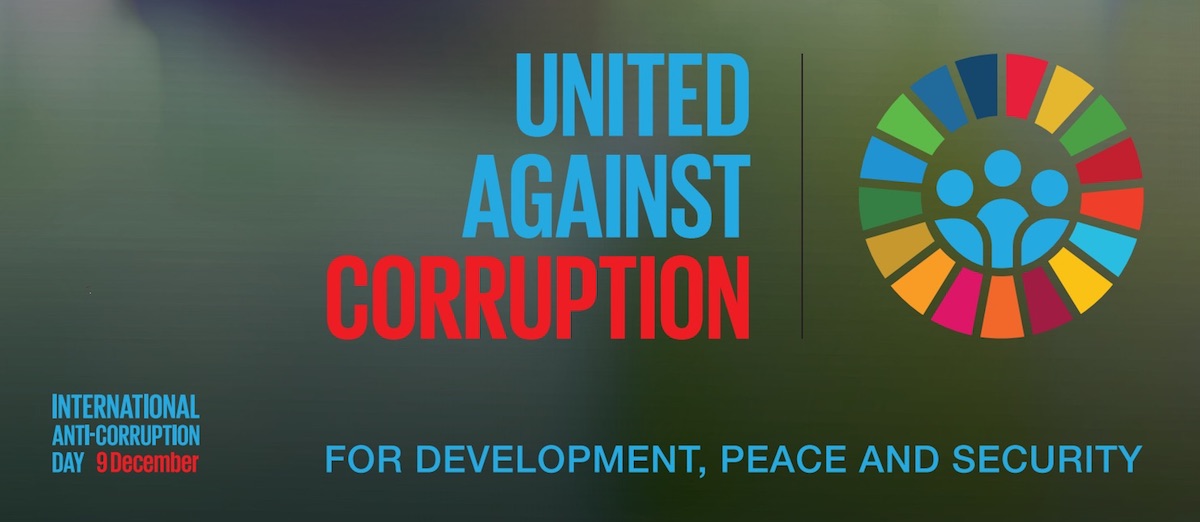To mark International Anti-Corruption Day, we report on the 2019 Australian Dialogue on Bribery and Corruption event, which was recently presented in Melbourne by the United Nation’s Global Compact Network Australia (GCNA).
The event was attended by a variety of GCNA member organisations, and provided an important opportunity for Australian businesses, government regulators, and academics to explore ways to strengthen ethical business practices and reduce corruption and bribery in Australia and wherever Australian businesses operate.
Areas of discussion included:
- the key legal and regulatory developments following the Royal Commission into Misconduct in the Banking, Superannuation and Financial Services Industry
- the ongoing Commonwealth corporate crime reforms
- the whistleblowing reforms
- the Australian Law Reform Commission corporate criminal responsibility review
- ASIC's response to the Royal Commission Final Report, and
- ASIC's Corporate Governance Taskforce Report on Corporate Governance Practices of Large Listed Entities.
Statistics concerning the scale of corruption are alarming. United Nations’ figures indicate that every year $1 trillion is paid in bribes and an estimated $2.6 trillion is stolen annually through corruption. This equates to more than 5 per cent of global gross domestic product. According to the United Nations Development Programme in developing countries, the amount lost due to corruption is estimated at 10 times the amount of official development assistance.
Two key themes emerged at the event:
- the need for transparency, accountability and integrity as part of anti-bribery and corruption (ABC) compliance
- the role of corporate leadership ABC compliance and corporate culture.
The presented case studies demonstrated that while corruption is rampant in some third world countries it is not just a third world problem. It exists everywhere, including Australia. It was explained that people get socialised into a culture – and if that culture is one that tolerates or encourages bribery and corruption then it tends to filter though the organisation. For this reason it is essential that ethics are an intrinsic part of day-to-day business and not just a response when problems occur.
In the words of the UN Secretary-General, António Guterres:
Corruption begets more corruption, and fosters a corrosive culture of impunity. The United Nations Convention against Corruption is among our primary tools for advancing the fight.
Speakers reiterated the need for a healthy corporate culture and ABC compliance coming from the top, with leaders setting a good example. Leaders should model and enable employee behaviours to reduce the risk of unethical conduct such as bribery and corruption.
Recommended reading: Summary and Outcomes Document from the event
For more information about International Anti-Corruption Day 2019, click here.
* * *
A participant in the UN Global Compact, CourtHeath seeks to raise awareness about the Sustainable Development Goals and the principles of the Global Compact with business and government organisations in Victoria.
* * *
IMAGE: #UnitedAgainstCorruption
[
]
 CourtHeath Consulting
CourtHeath Consulting CourtHeath Consulting
CourtHeath Consulting